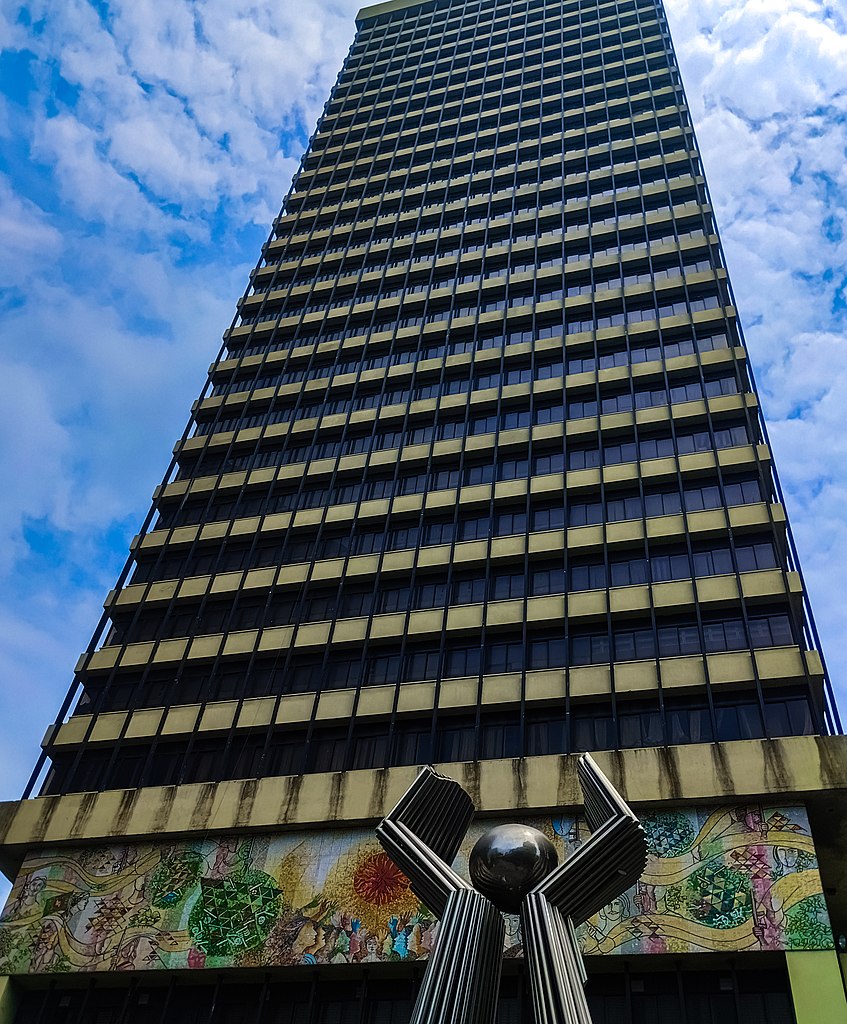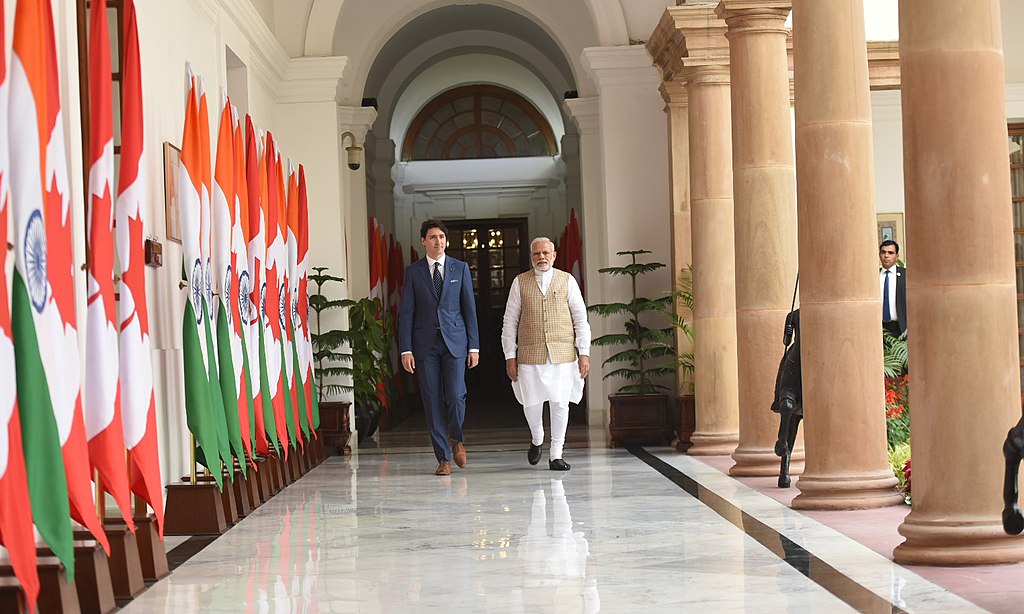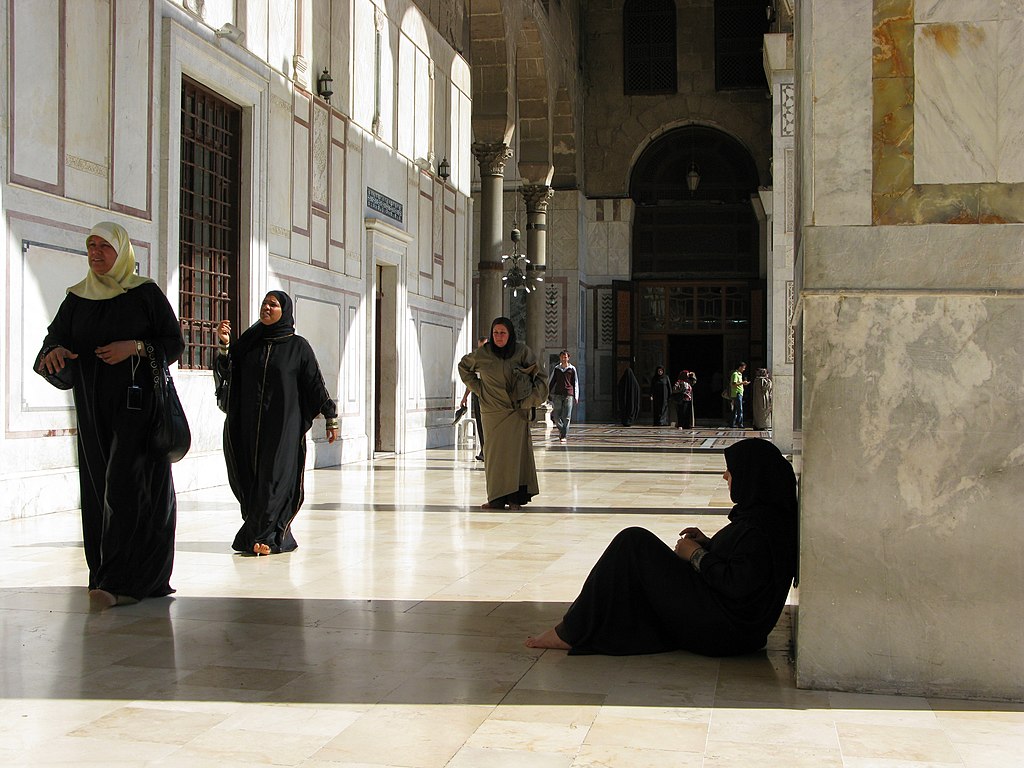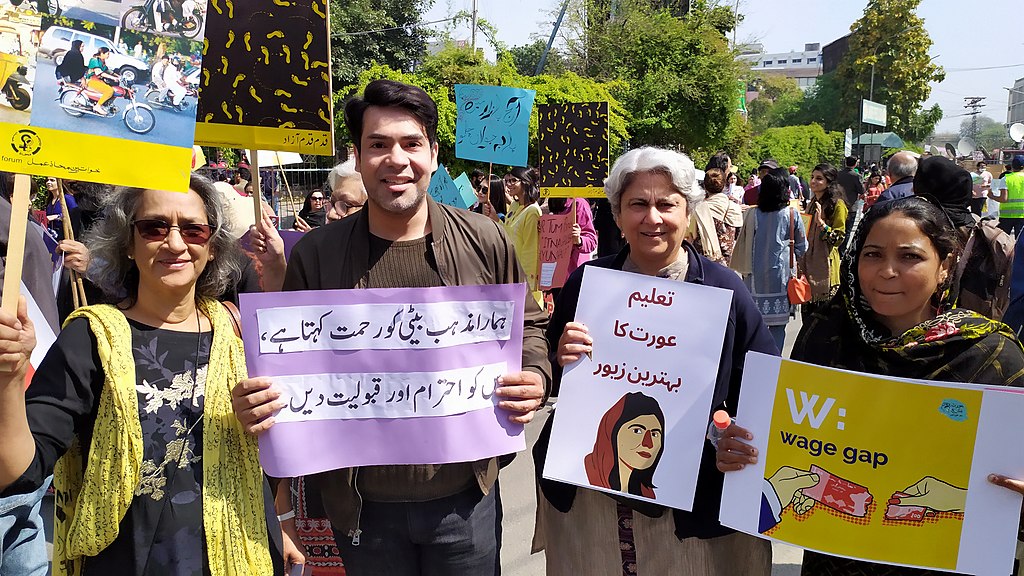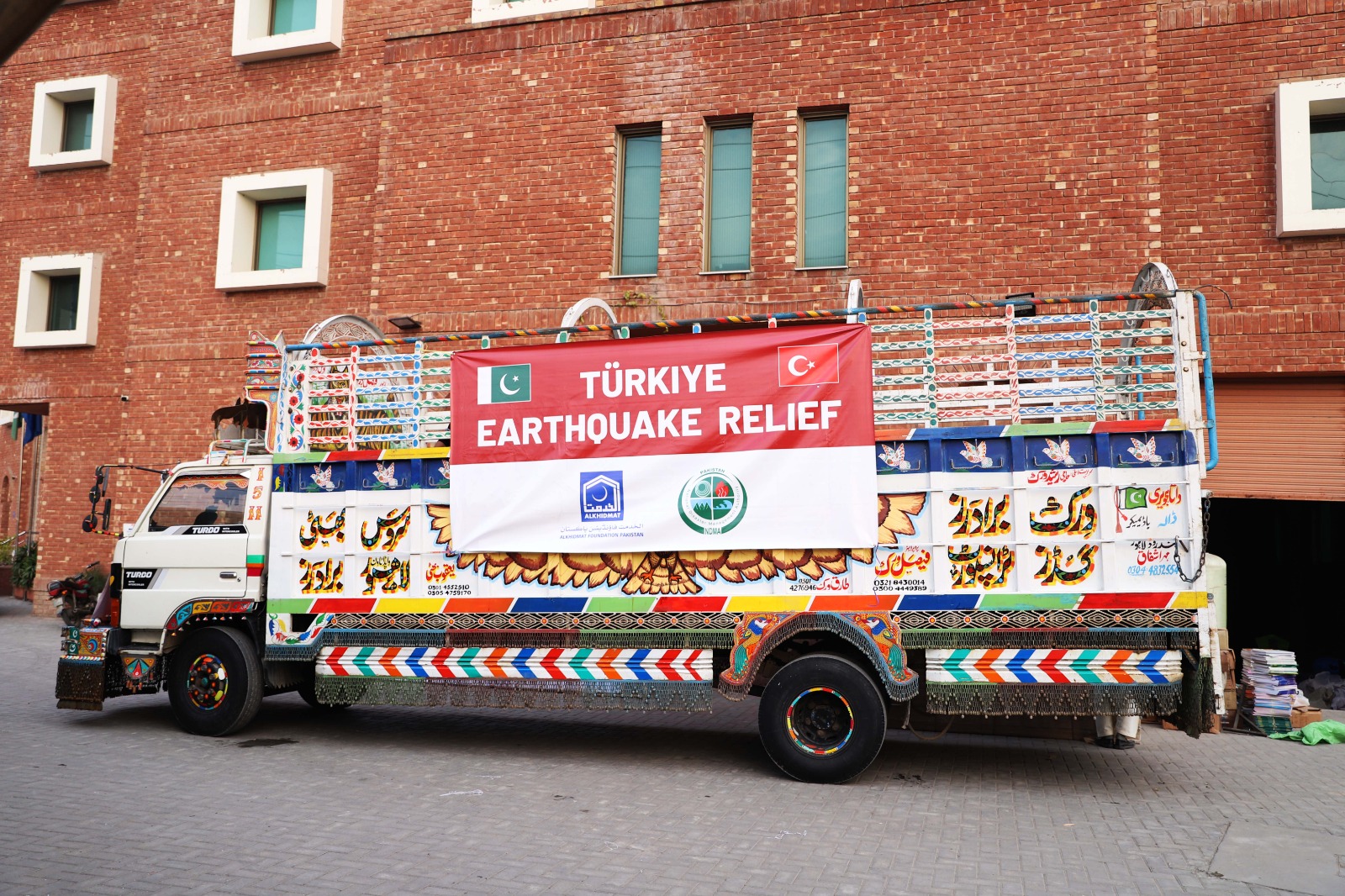This is a summary of the original article by Ashraful Alam Chowdhry that may be found here
The International Monetary Fund (IMF) recently approved a $4.7 billion loan for Bangladesh: $3.3 billion under the Extended Credit Facility (ECF) and Extended Fund Facility (EFF) arrangements and $1.4 billion under the new Resilience and Sustainability Facility (RSF). The IMF announcement noted that “Bangladesh is the first Asian country to access the RSF.”
When Bangladesh applied for the IMF loan, citizens were concerned about the state of the country’s economy, as the application came at a time when Pakistan’s economy was in turmoil and Sri Lanka’s economy had crumbled.
So what does the IMF loan really mean for Bangladesh’s economy?
First, it is important to realize that Bangladesh has not asked for a “bailout” package like Sri Lanka and Pakistan but rather for a stabilization package. Giving financial support to a country or firm that faces insolvency is referred to as a “bailout,” whereas an EFF package is granted to fund structural reform, an RSF to ensure balance of payment (BOP) stability, and an ECF for a stable and sustainable economic position. As the IMF put it, the loan “will help preserve macroeconomic stability and prevent disruptive adjustments to protect the vulnerable.”
In other words, rather than waiting for a crisis, Bangladesh’s government has decided to take a precautionary measure and look for ways to overcome economic troubles before the whole economy begins to falter.
Generally, the IMF offers help through the ECF/EFF and RSF when a country suffers from balance of payment volatility and needs to set a policy direction. In essence, the IMF offers a country short-to medium-term funding, while allowing the borrower to return the funds over a longer duration. For instance, an ECF has a zero-interest rate, a 5-and-a-half-year grace period, and final maturity at 10 years. Therefore, a country can obtain these funds without incurring any costs, use the money to implement structural changes that would boost its economy, and then repay the loan with zero interest after 10 years, when the country will be able to benefit from the reforms. With this deferred repayment schedule, such funds not only lessen strain on the BOP, but also allow the government to return with a better financial foundation for a thriving economy.
Bangladesh is receiving this stabilization package, but that doesn’t imply it lacks the foreign currency needed to cover its import expenses. Generally, three months of import cover is internationally accepted as a healthy reserves position, and with $33.75 billion (gross) in reserves as of December 2022, Bangladesh has enough dollars to cover its import expenses for four months. Thus Bangladesh’s economy may be volatile for now but it can’t be labeled as unhealthy. The nation is borrowing from the IMF not because it is experiencing a financial catastrophe like Sri Lanka or Pakistan, but rather as a preventative step.
However, in order to receive the loan, every borrowing country must implement the IMF’s recommendations. The creation of an asset management business to recover and dispose off defaulted loans is one of the reforms the IMF has suggested for Bangladesh. This reform is desperately needed given the rapid rise of non-performing loans in the banking sector of the country.
Among other crucial conditions set by the IMF are enhancing financial sector regulations and setting a ceiling on the government’s budget deficit. The rationale is that increasing waste reduction efforts will eventually relieve economic pressure.
Bangladesh still needs to worry about a few areas, though.
First, Bangladesh is no longer able to independently determine economic policy. Whenever the government designs a policy, it must guarantee that it does not contravene any of the IMF’s conditions. For example, until recently, Bangladesh Bank (BB) set its monetary policy based on its own assessment of what is best for the national economy. However, BB recently declared a policy shift and chose to let the economy operate as a free market. BB had no alternative; market-driven fuel prices were one of the IMF’s requirements.
Without a doubt, Bangladesh would have to adjust to a free economy sooner or later. The question is whether the economy can actually survive without any government support.
The IMF also wants Bangladesh to increase its government revenue. If, to increase revenue, the country chooses to increase the tax rate or VAT, it may marginalize and further impoverish the poor. Thus, implementing all of the IMF’s recommendations without upsetting the current system will be difficult.
That said, Bangladesh’s tax to GDP ratio is only 7.5 percent, whereas the World Bank’s suggested ideal ratio is 15 percent. Thus, Bangladesh has a wide scope to raise VAT and tax revenue. But to ensure the tax increases don’t negatively impact the poor, the additional funds collected should be used to increase the social safety net and public spending in a way that is in line with the goal of poverty reduction.
The funds will be provided in installments by the IMF. That means the money could be withheld unless Bangladesh rigorously adheres to the terms. In the past, when rumors grew about alleged corruption in government projects, the World Bank withdrew its money, followed by other international financiers. If similar suspicions resurface, the IMF may also suspend its funds. In such a circumstance, the economy will struggle to function on its own because funding from other sources will be unavailable then.
Today, when the global economy is encountering challenges, the IMF appears the only available source of funding for Bangladesh. But the country must keep in mind that the debt must be returned. The country must focus on two aspects in order to overcome the issue.
To begin, the country must ensure that the flow of funds from the IMF is not interrupted. It must constantly monitor the fund’s flow and utilization, and the money must be converted into real gains. Without raising production, the nation won’t be able to benefit from the loan for as long.
Second, Bangladesh needs a backup plan. What if the IMF stops its funding after a few installments? The backup plan may be a bilateral agreement with developed countries like the United States or China, or regional assistance from SAARC or ASEAN.
Regardless of where the money comes from, the ultimate solution to today’s economic volatility is production. There is simply no alternative to increasing domestic production to ensure economic health. So Bangladesh must ensure that it is disbursing funds to boost production, which will bring foreign exchange in. The decision to take a loan from the IMF can only be judged successful if the economy is stronger in 10 years than it is today.
The views expressed herein may not necessarily reflect the views of JI FAD and/or any of its affiliates

